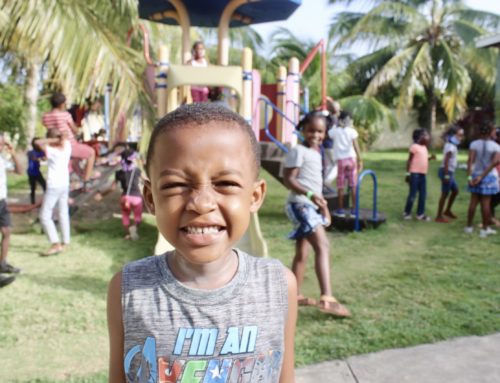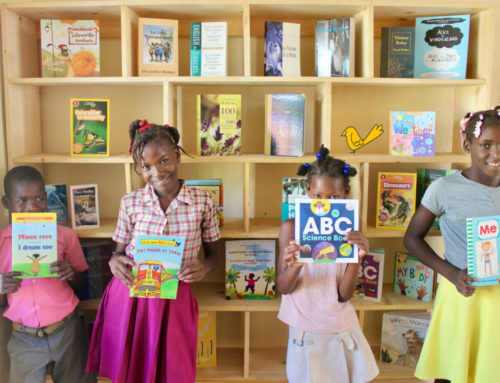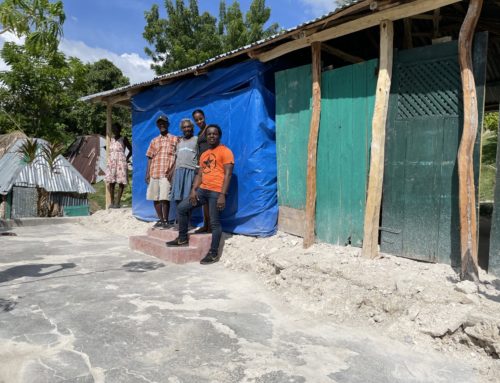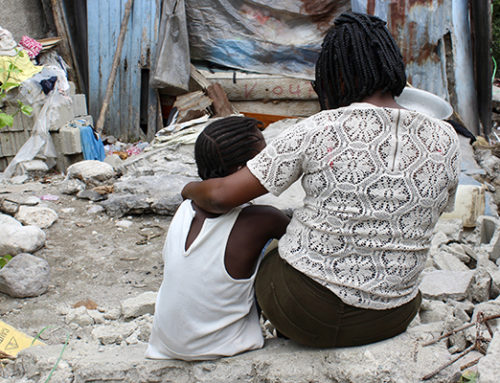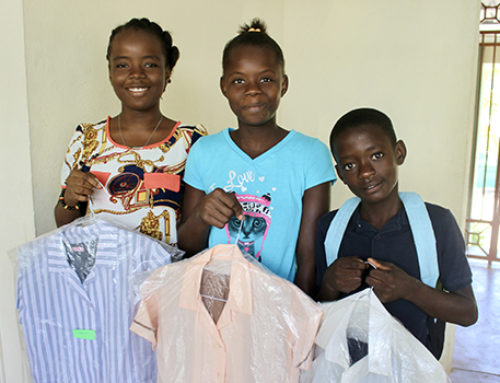
By Nathacha Lucien, Child Advocate
I recently had a meeting for parents and host parents of
children in our Child Advocacy Program. There were about 38 parents who
attended the meeting, which took about 2 hours.
The topics discussed at this meeting were parental involvement in the
children’s education, and sexual education.
I first discussed with the parents how important it is for
them to participate in the children’s education. I reminded them to give the kids time to
study so they can succeed in school. I
explained that if the child is missing any school books or personal care items,
they need to buy them for them. They
realize it is important to help the children progress in their learning, and understand
it is to their benefit to do good things for society so good things will happen
to them.
I also talked with the parents about sexual education. In our country it is considered “taboo” to
talk about this, even when teenagers don’t know why they need to protect
themselves. However, it is the parents’
responsibility to talk with them about this.
If they don’t take the time to explain these things to the children, the
children will learn from others, and it may not be the best information. On the other hand, teaching the children
about sexual education can protect them.
I explained to the parents how important it is for them to teach these
things to the children, and how to talk with the children based on their age.
At the end of the meeting, I asked the parents to share
their own thoughts on these topics. I
asked them questions such as, “What do you do to help the children progress in
school? How do you help the children
learn to be respectful? How do you teach
children about sexual education?” Three
of the female parents shared their ideas.
The first touched on respect. She
explained that as parents, we shouldn’t use bad words when we talk to the child
or to our spouse in front of the child.
We should be a good example for the children so they learn to respect
themselves, as well as respect others in society. The second parent shared how she helps her
student progress in school. When he
arrives home, she takes time to pay attention to him. She asks him what he did in class, and about
his lessons and homework. She then gives
the child time to do both his chores and homework. Finally, the last parent talked about sexual
education, and how she has helped her teenager understand how dangerous it is
to engage in sexual activity at a young age.
When I took the time to allow the parents to share their
ideas with each other, I realized some of parents understand our mission. And I saw that they could be good role
models, or examples, for the other parents.
Following this method helps them to understand that it is not simply me
asking them to do things; rather, they are motivating each other. This appears to be a powerful way to
influence the parents.




